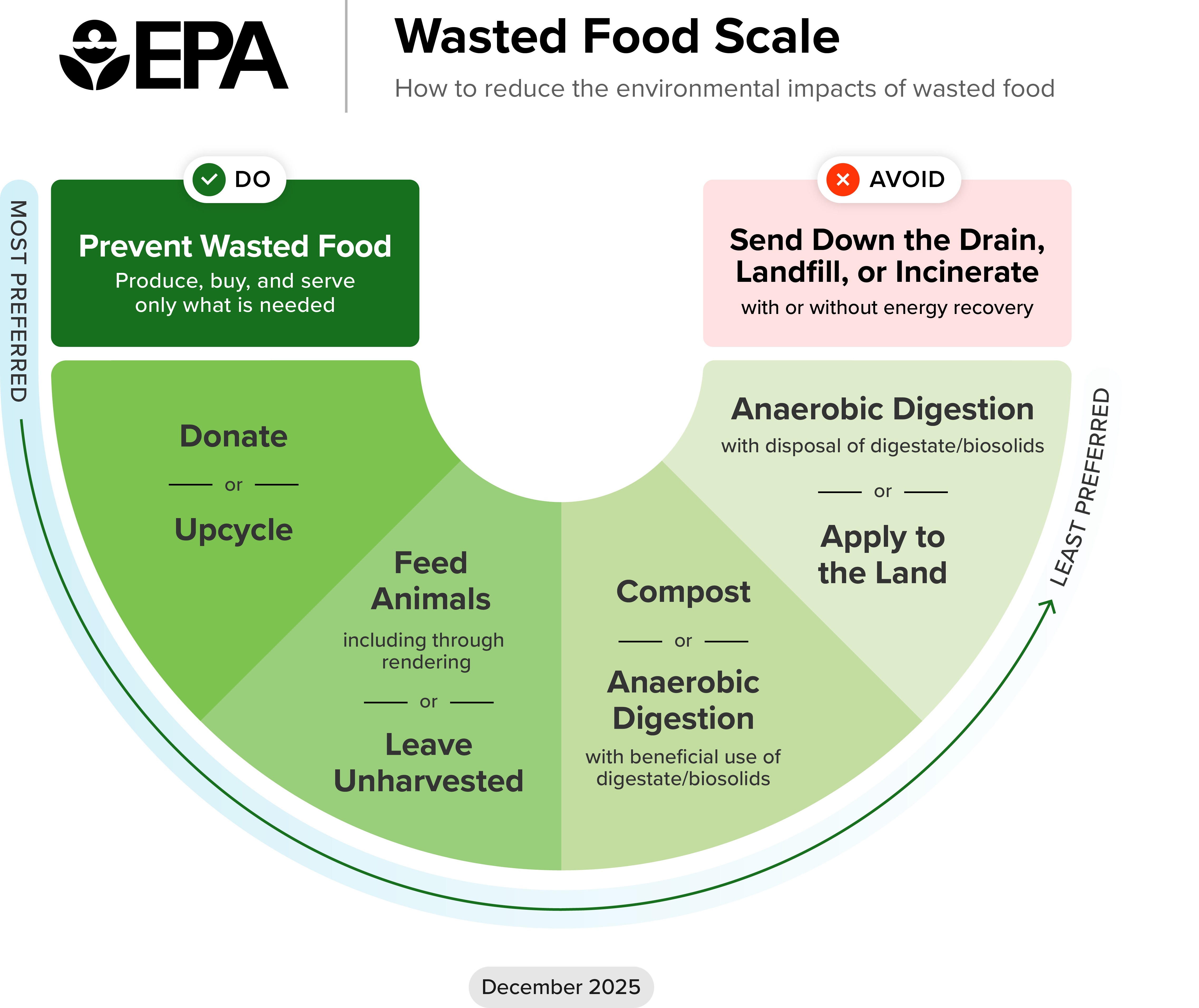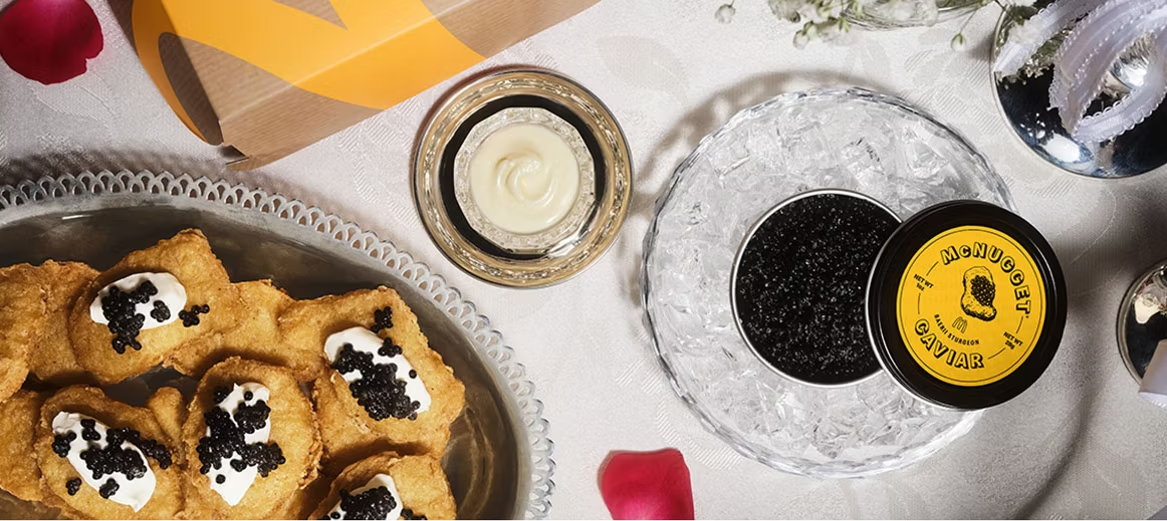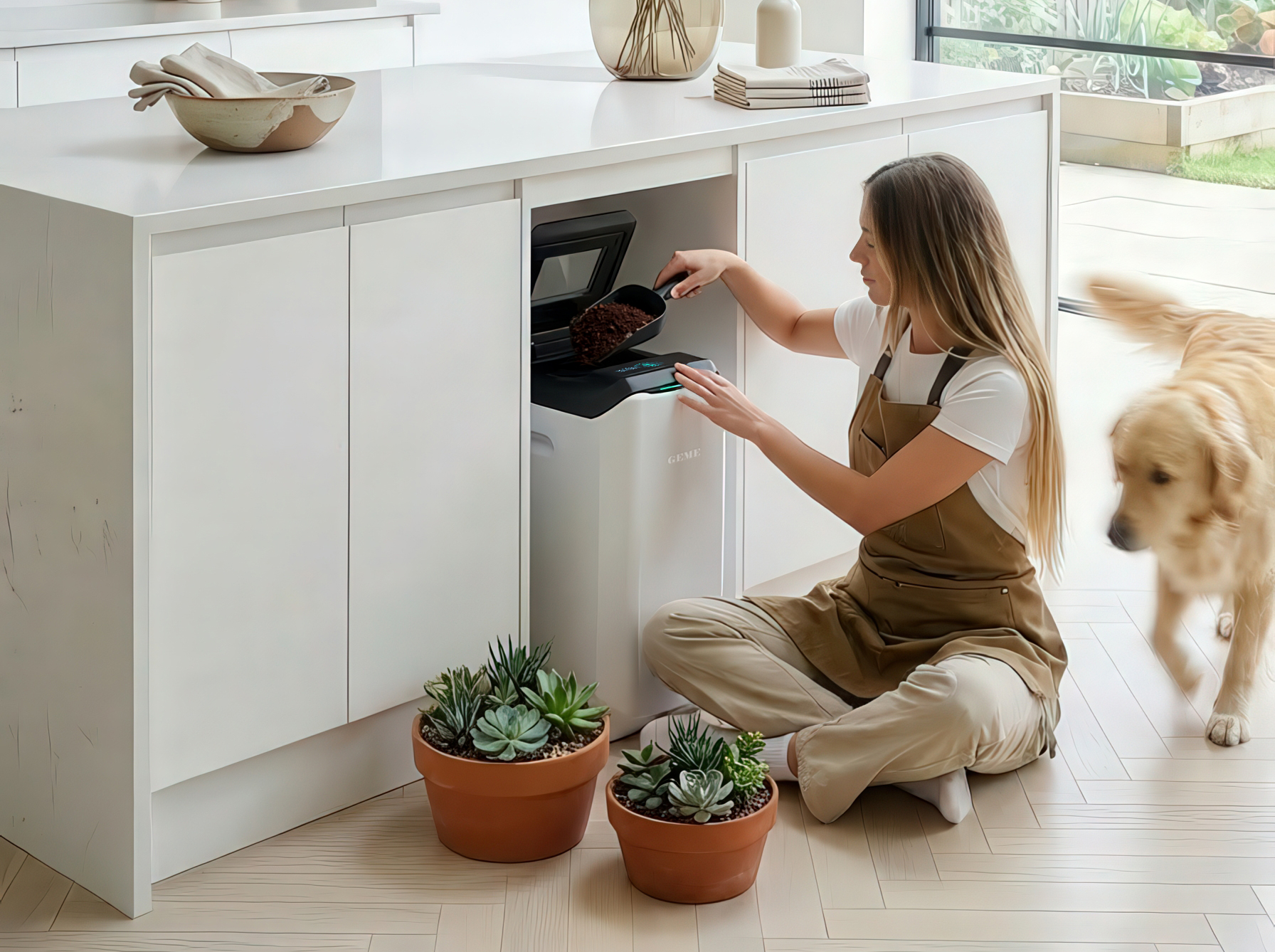How to Reduce Food Waste at Home (Best Solution 2026)
How to Reduce Food Waste at Home?
Quick Answer:
To reduce food waste effectively at home, prioritize systematic food planning, proper storage techniques, and embrace smart composting with tools like GEME Terra 2, an AI-controlled kitchen composter that turns food scraps into real compost quickly and odor-free.
Introduction: The Global Imperative to Reduce Food Waste
The headlines are constant, yet the problem persists. From fast-food giants phasing out plastics to holiday-focused guides on mindful consumption, food waste news consistently underscores a global crisis. In the United States alone, food accounts for 24% of landfill material, where it decomposes anaerobically, making it a top source of methane emissions, a greenhouse gas far more potent than carbon dioxide. While corporate sustainability efforts are commendable, the most impactful food waste management frontier is often the most personal: our own kitchens.
In homes, significant contributors include:
-
unused leftovers
-
spoiled produce
-
kitchen peelings and scraps
This isn’t just lost food — it’s lost money and embedded environmental impact. Recent food waste news highlights just how big this problem has become:
-
In the United States, nearly 33% of all produced food goes uneaten, equivalent to 80 billion pounds annually, contributing significantly to greenhouse gas emissions.
-
Across the European Union, about 88 million tonnes of food waste is generated yearly — roughly 20% of all food produced and valued at €143 billion.



 (Image: NWS, Jan 27, 2026.
(Image: NWS, Jan 27, 2026. 

